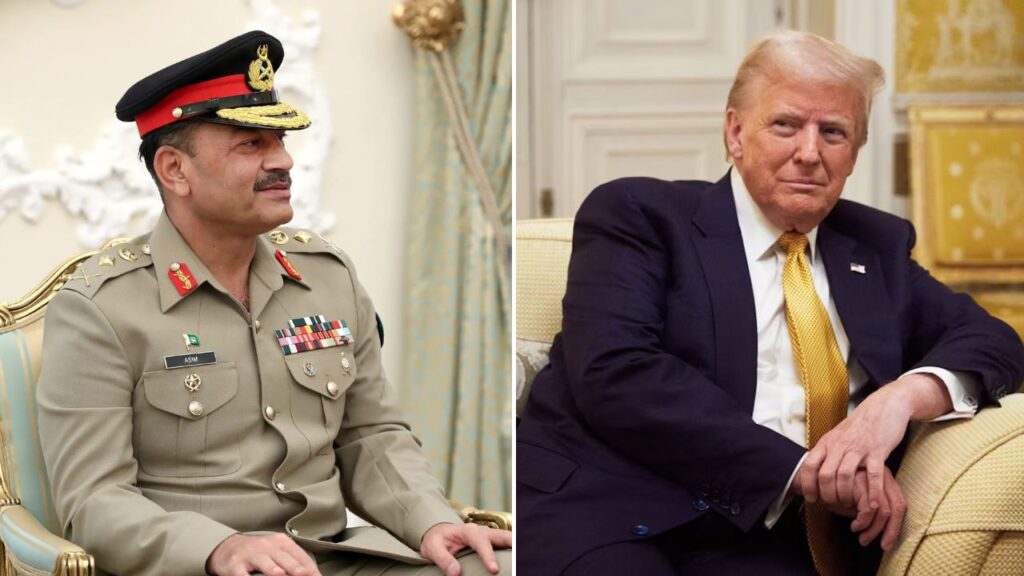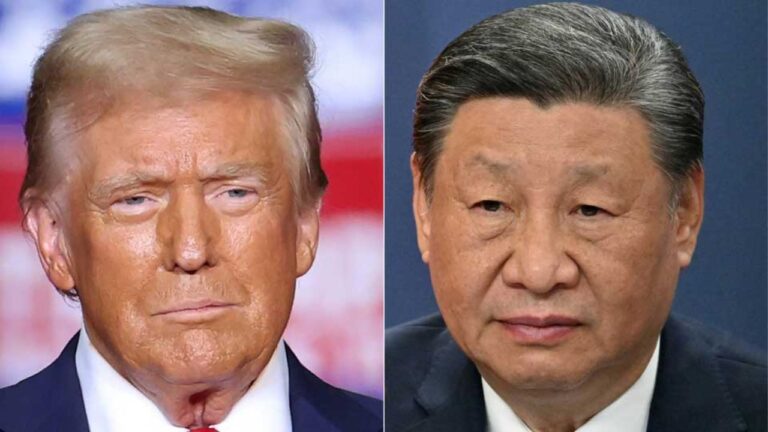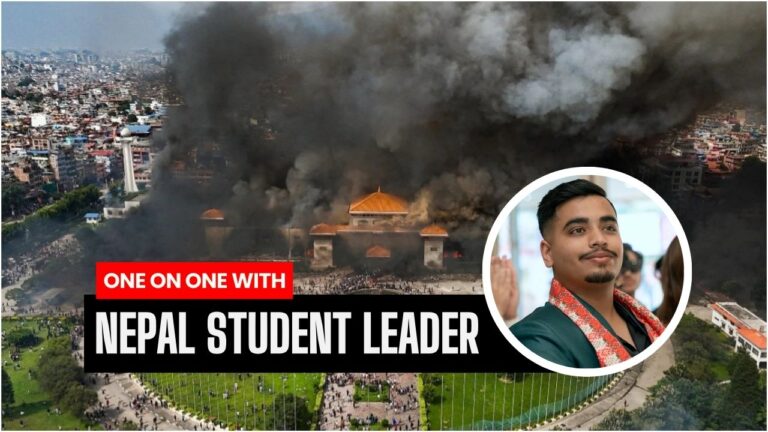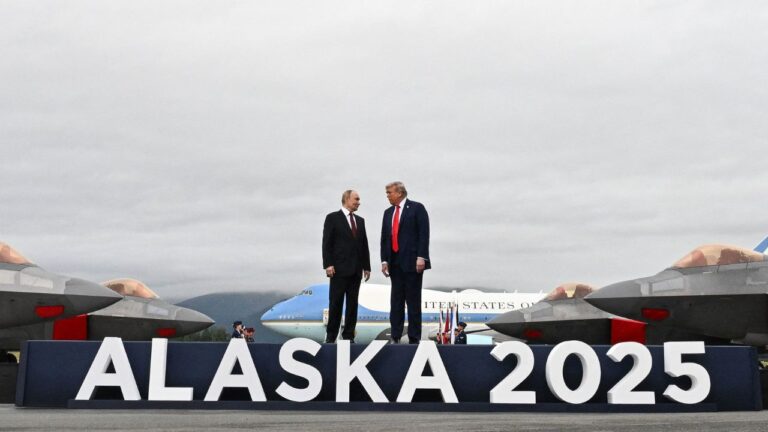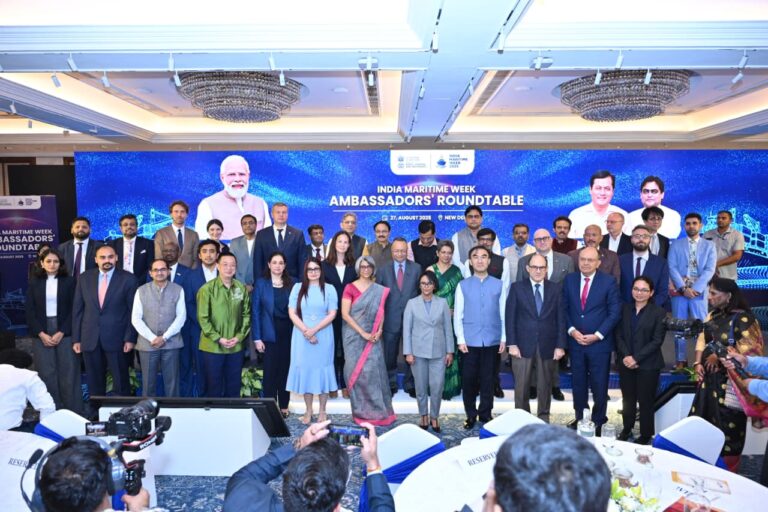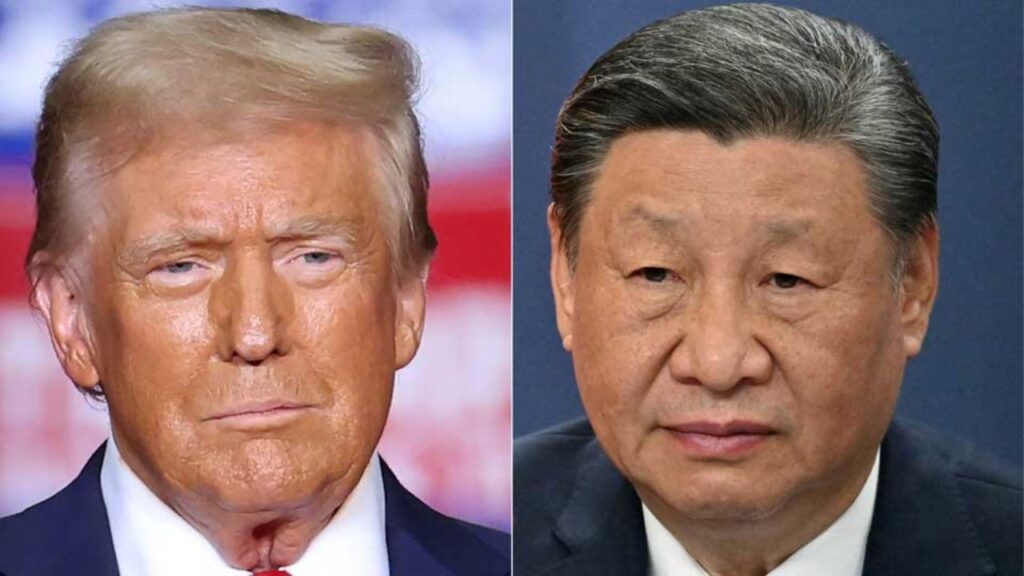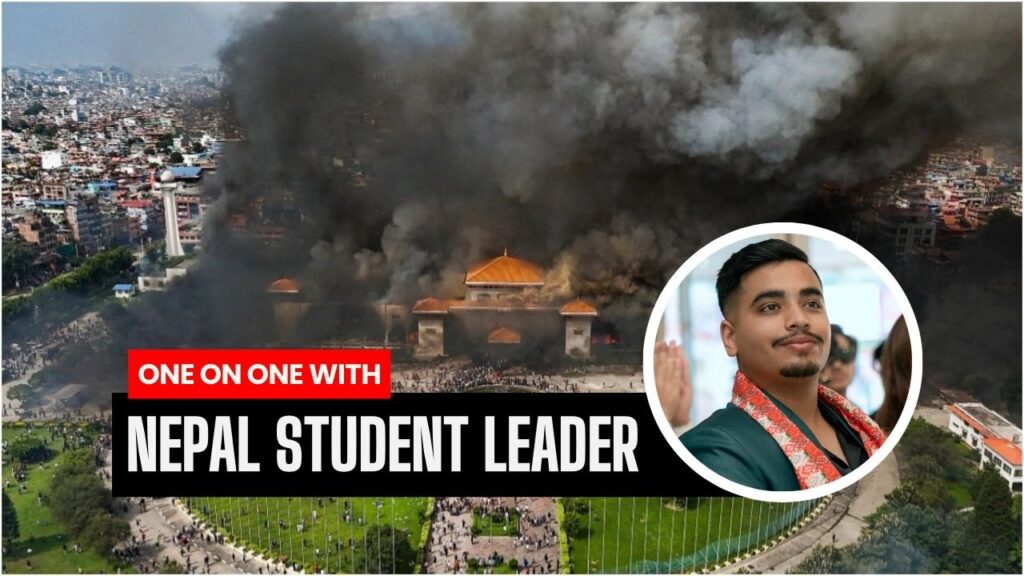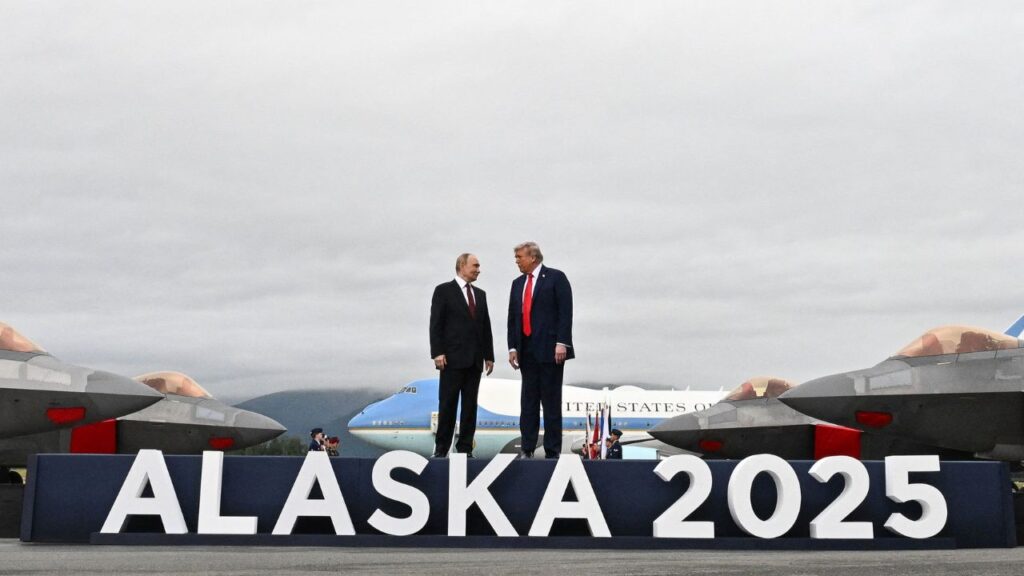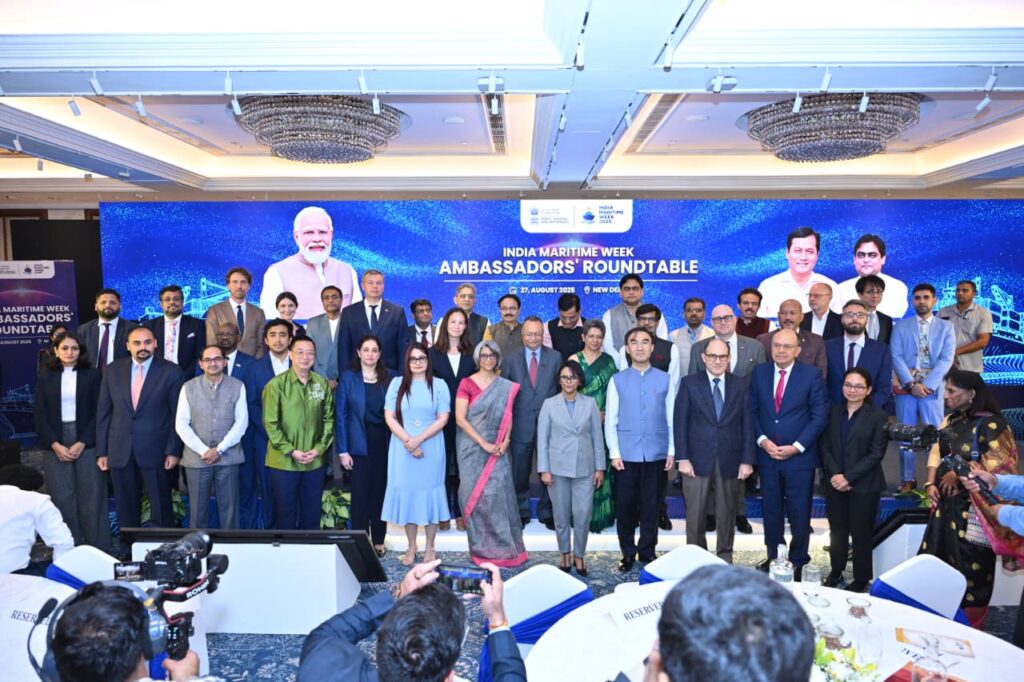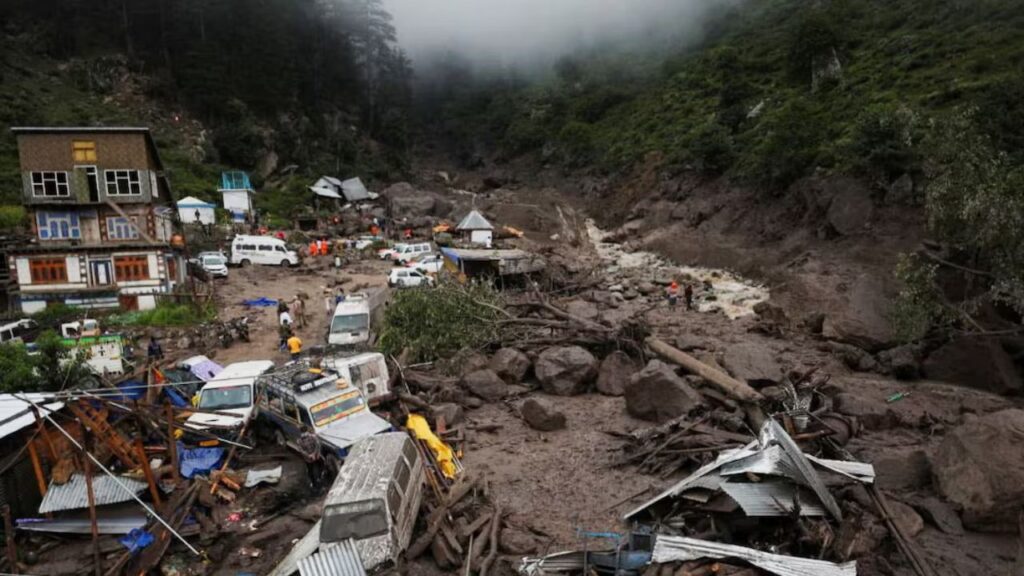Pakistan Army Chief Asim Munir has recommended US President Donald Trump for the Nobel Peace Prize, for the latter’s alleged role in preventing a nuclear war between India and Pakistan last month, White House spokeswoman Anna Kelly has said.
According to Reuters, Ms Kelly on Wednesday said the US President hosted Mr Munir at the White House following his pitch for the annual award. Trump hosted Munir after he called for the President to be nominated for the Nobel Peace Prize for preventing a nuclear war between India and Pakistan, Ms Kelly told reporters.
The White House spokeswoman’s remarks came even as India has constantly denied the US’ role in curbing tensions between New Delhi and Islamabad, which were triggered by the Pahalgam terror attack on April 22. New Delhi has, on several occasions, emphasised that neither Washington nor any third party had a role in its decision to cease military hostilities with Pakistan.
On June 18, it was the first time a serving Pakistani Army chief was received at the White House by the sitting US President. Previously, the meetings were held only with the military leaders who had become the head of the state after coups. The meet lasted for 2 hours, without any press events, making it look more suspicious. The meeting also had the presence of US Secretary of State, Marco Rubio, and United States Special Envoy to the Middle East, Steve Witkoff. This meeting comes at a time when Iran is in conflict with Israel and Middle East is on the boil. The meet is also important as it comes in the aftermath of Pahalgam terror attack and Operation Sindoor.
Just after the ceasefire declaration between India and Pakistan, Asim Munir was promoted as the field marshal. Munir then proceeded to nominate Trump for a Nobel Peace Prize. This mutual dependency shows their strategic partnerships in the global geopolitical forums. It’s quite well known that the airspace and seaports in Pakistan are strategically used by the US. This renders one to ponder the thought of Pakistan’s border connectivity with Iran. Their alignment demonstrates their military operations partnerships in the region.
The military collaboration could be traced back to the Afghanistan War. It has been found that since 2001, the US has been dependent on Karachi Port to supply North Atlantic Treaty Alliance (NATO) Troops to Afghanistan. Moreover, the US has used the Shamsi Airbase (Balochistan) for drone operations and airstrikes. Pakistan’s coastal entrance is the way to go for any US military operations. This invitation to Asim Munir is a clear indication that the real power lies in the hands of the military in Pakistan, and not the democratic regime.
In Pakistan, the only constant is the military regime. This shows the strategic policies being planned and executed deliberately by the army. The civilian government is always subject to change due to various volatile factors. The current imprisonment of the former Prime Minister, Imran Khan, is a classic example of this. Some of the matters that are mostly considered important by the military leaders are nuclear commands, counter terrorism, foreign alliances, and internal control.
The United States could be seen moving ahead with the approach of moulding the Pakistani Military as a Private Military Contractor (PMC). Their prime motive could be understood as their own agenda for advancement in geopolitical dimensions in the disguise of peacebuilding. Hence, the United States aims to secure its involvement indirectly to elevate its pedestal in the power dynamics.
The present ongoing Iran-Israel conflict is considered a major reason for the Pakistani Army chief’s invitation to the White House. Pakistan has a 900-plus kilometres border with Iran’s Sistan and Baluchistan province. Some of the active groups, such as Jaish-al-Adl, are known for targeting Iranian security forces. This cross-border tension between Pakistan and Iran has been used by the US through assassinations, cyber attacks, and many more tactics. Pakistan could thus be considered an important infiltration route to Iran through its loosely controlled areas in Balochistan. Moreover, Iran has accused Israel, the United States, and Gulf allies of funding and supporting Sunni Baloch separatist groups that operate in the Sistan and Balochistan province.

